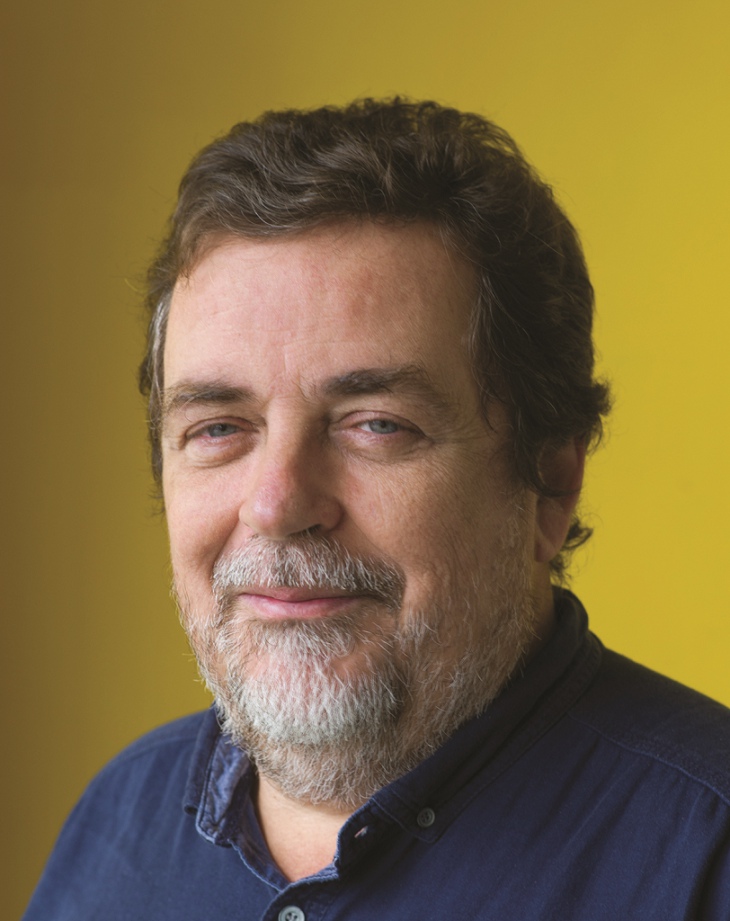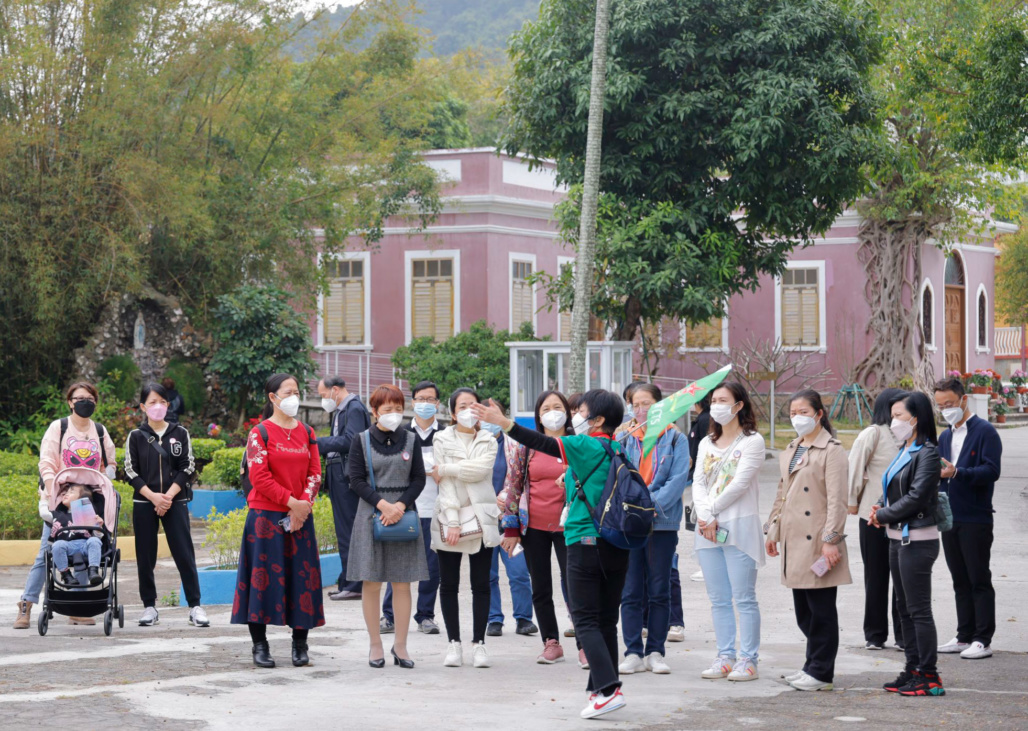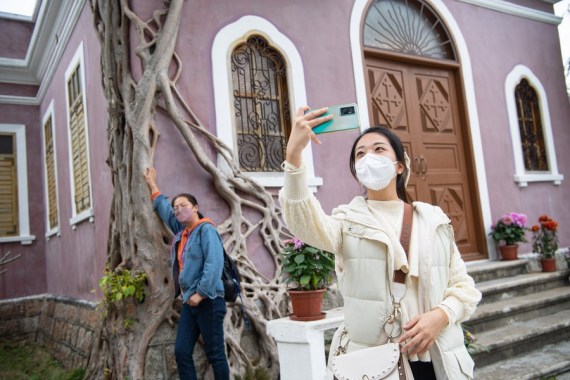
Macau Business | March 2023
By José I. Duarte | Economist, Macau Business Senior Analyst
We are living in a time of significant changes and changeable expectations. A new policy mindset and operational conditions abruptly challenged the model underpinning Macau’s economic growth in the last two decades. As a result, GDP fell to less than half of what it was before, and successive hopes of a revival were essentially frustrated. At various moments, many put great expectations into a recovery that failed to materialise (even if several times foreseen). Here and then, the economy seemed to be picking up, but, in the end, each occasional burst failed to translate into a sustainable recovery.
The train is back on the (new) rails now. Two significant uncertainties were indeed removed. First, the new gambling concessions were awarded to all the incumbents without much of a surprise. The planning and operational horizons widened and now provide some degree of confidence to all the economic agents that depend directly or indirectly on that sector’s performance. Then, the zero-COVID policy reached its limit. Travel restrictions were lifted, and borders are open again. At least, we can look forward to the re-establishment of regular flows of visitors.
Those changes provide a measure of needed stability and put business operations on more solid ground. They can only be welcome, as they could never have happened too soon. However, that does not mean we are returning to where we were before. That station was closed, possibly for good. Yet, the new frame of reference has its own set of uncertainties.

First, all tourism-related services were affected, and that shows for anyone who goes around. Returning to previous standards will take time. Staff, routines, and skills were lost. Supply lines were disrupted or broken – and the disturbance was widespread, extending well beyond our borders.
Then, gambling is unlikely to bring in the same flow of money. The level of political tolerance shrank, and the broader geopolitical framework is shifting considerably. Other competitors vie for the same customers, and local advantages, however they may be defined, are eroding. Signs are competition is increasing.
Further, only time will tell how much the flow of people will recover, both in numbers and spending profiles. The crisis has increased the dependence on our leading market (diversification talk notwithstanding), and the economic conditions observed beyond our borders are less favourable than before.
For local commerce, some advantages persist. That is especially the case for certain goods whose reliability and safety may be more valued on this side of the border. But at this point, the continuity and sustainability of regular flows and improved visitors’ profiles in terms of their duration of stay or their spending patterns are still unclear.
At the same time, concessionaires made significant commitments in non-gambling areas. The results, costs, and conditions for the sustainability of those efforts will be under scrutiny. Unanswered questions are how those accomplishments will be asserted, measured, or ‘verified.’
In the past, great stress was put into some ratios, which are convenient and easy to monitor. But they may raise interpretation questions. For starters, ratios may be tricky indicators. They change because either the numerator or denominator changes – one, the other, or both, at different rates. Different causes may produce ‘positive’ ratio changes but will mean different things, have distinctive impacts, and be unequally desirable.
Moreover, using indicators as policy targets may be fraught with difficulties. As the so-called Goodhart “Law” suggests, when policy indicators become policy goals, they will no longer be good indicators. “Working for statistics” is a common effect of such situations in many areas of human endeavour. The track is still full of challenges and unknowns.
























